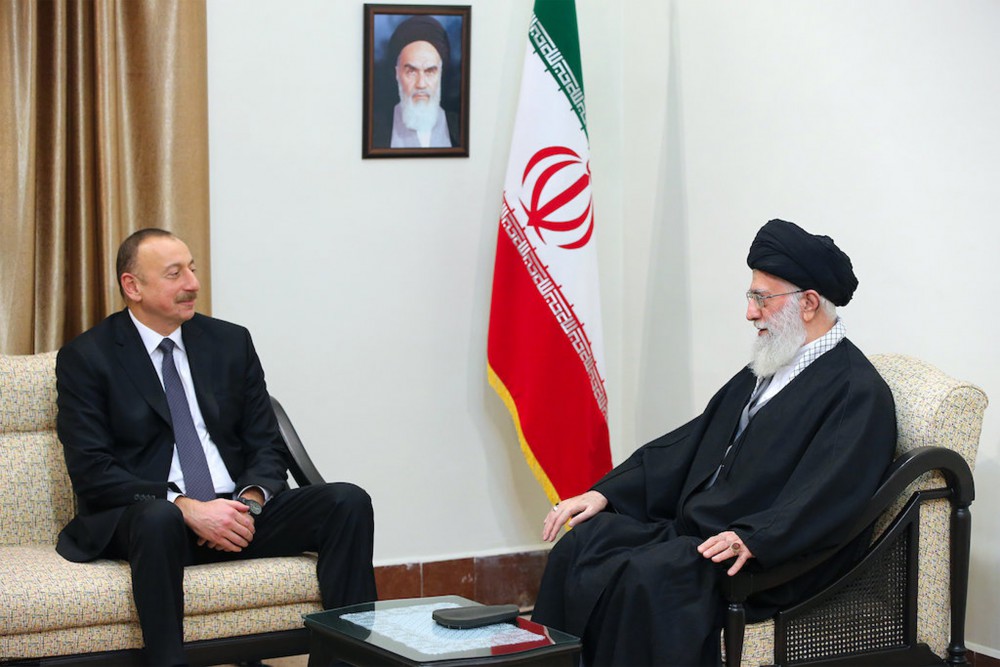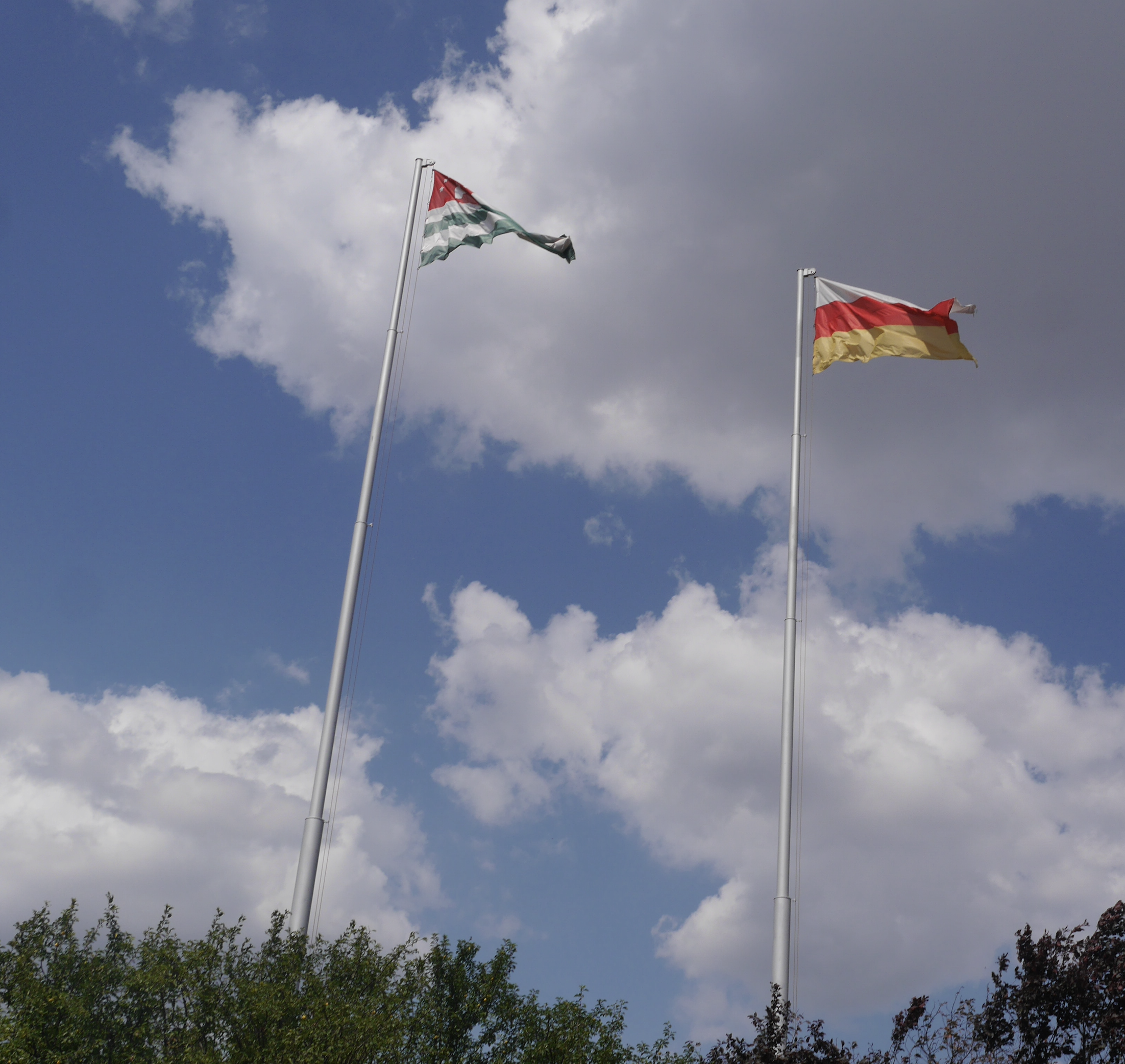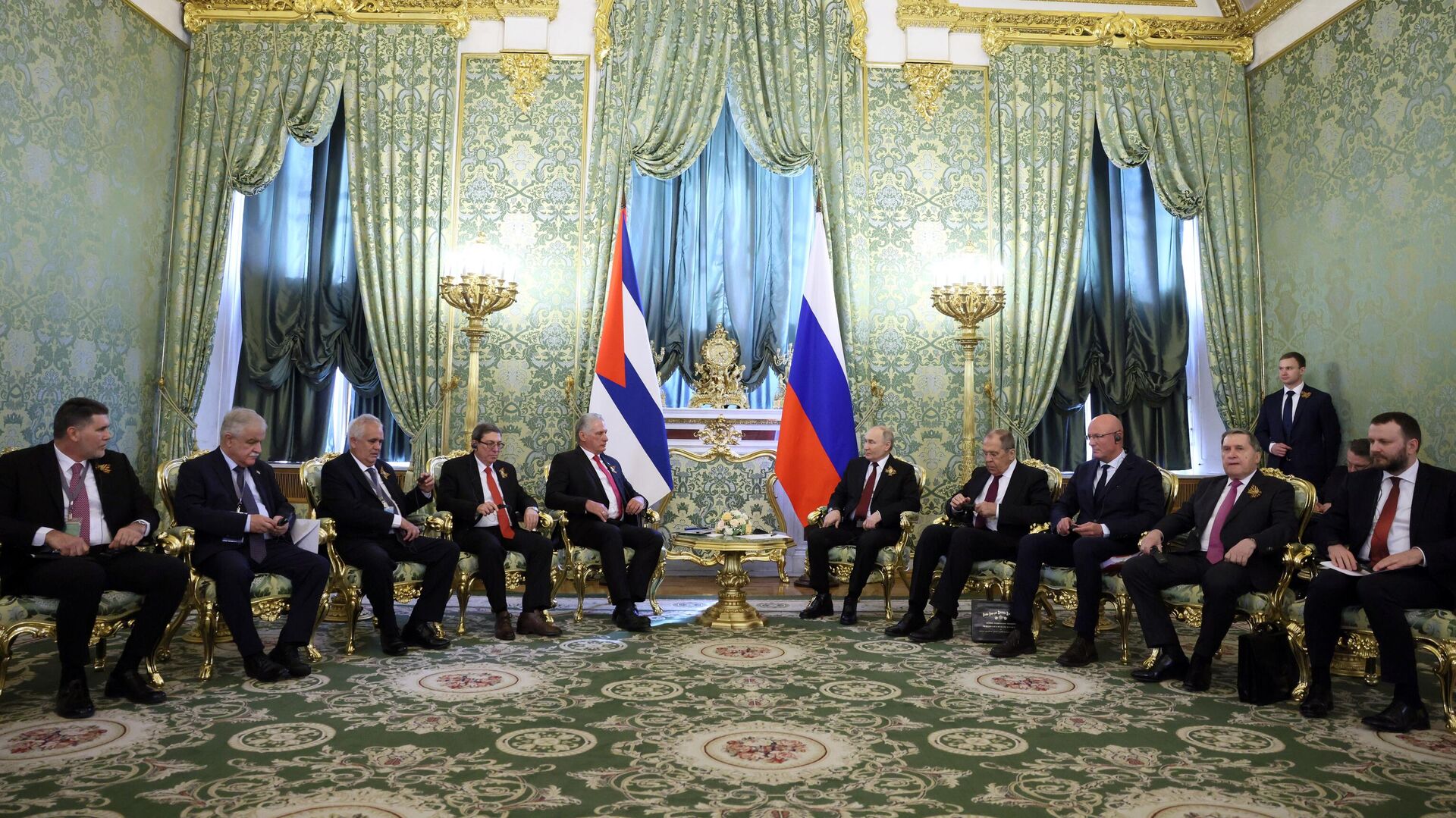
Karabakh Declaration Opens Way for Iran to Play Expanded Role in Caucasus
Karabakh Declaration Opens Way for Iran to Play Expanded Role in Caucasus
Like a number of other regional neighbors and global powers, Turkey has been expanding its attention to and involvement with the countries of the South Caucasus in recent months. That growing focus has, of course, been driven most immediately by the latest round of fierce fighting between Armenia and Azerbaijan and the subsequent November 10 joint declaration (agreed with Moscow), which established a new ceasefire, recognized the transfer of occupied territories back to Baku’s control, and introduced Russian peacekeepers. And while Turkey’s role as an ally of Azerbaijan has received plenty of attention and sparked concern in many places, including Russia, the likely role of Iran in the post-conflict situation has gone largely unnoticed. This is a serious oversight because the positions Tehran now takes may have equally fateful consequences not only for the South Caucasus region but more broadly across the international system.
During the actual fighting, Iran was remarkably quiet, only occasionally expressing unease when stray shells landed on its territory, when Israeli support helped Azerbaijan win the war, and when some among its own sizeable ethnic-Azerbaijani population enthusiastically welcomed Baku’s success and Yerevan’s failure (see EDM, October 21, November 5). Following the adoption of the joint ceasefire declaration, however, Iranian authorities have stepped up their commentaries about what the war and its resolution means for Tehran. Moreover, Iran’s officials have made clear that, for practical, domestic and geopolitical reasons, they are going to take a more active role. Unlike in the past, Russia and the West may find that trying to exclude Iran this time around may prove significantly more challenging (Vzglyad, October 7; Windowoneurasia2.blogspot.com, November 23).
From the beginning, the main Karabakh conflict-resolution format—the Organization for Security and Cooperation in Europe’s (OSCE) Minsk Group, co-chaired by Russia, France and the United States—excluded Iran. Specifically, the country was refused a seat at the table because of its revolutionary Islamist state ideology, which the other powers wanted to contain. Whether or not the Minsk Group process survives in the wake of the November 10 ceasefire declaration (negotiated entirely outside the Minsk format), it is no longer likely to be the primary place for discussions about the future. Therefore, Iran is planning to assume a more dynamic role in pushing its interests: not only defending and advancing its ideological agenda but also ensuring sufficient stability north of its borders to prevent the conflict from spreading south. And it wants to use this supportive position on the Karabakh dispute to try to encourage the West to drop its sanctions as well as, potentially, to restore the nuclear non-proliferation accord it had entered into but the US had denounced (Regnum, November 23).
In two immediate ways, the November 10 declaration clearly involves Iran. On the one hand, the accord recognizes the restoration of Azerbaijani control along a portion of the northern banks of the Aras River, which had heretofore been under Armenian occupation. Those territories include bridges, a reservoir, and hydro-electric and irrigation facilities. Tehran will necessarily be involved in talks with Baku about this area’s future, expanding the Iranian role in the region—whether those behind the Moscow declaration planned for this outcome or not (RBC, November 10; Windowoneurasia2.blogspot.com, November 12). And on the other hand, the declaration calls for the reopening of trans-regional transportation routes, especially between Armenia and Azerbaijan in the north and via Iran in the south. This is another issue in which Tehran will necessarily acquire a seat at the table (Kremlin.ru, November 10; Windowoneurasia2.blogspot.com, November 14).
Of course, those crucial issues all pale in comparison to three larger ones involving the changing balance of power in the Caucasus, which Iran will now be weighing in on and, increasingly, listened to. First of all, Iran is deeply concerned by Azerbaijan’s victory and Turkey’s gains because it views those as the formation of “a ‘Great Sunni Arc’ from Turkey through the South Caucasus and further to Turkmenistan, Kazakhstan, Uzbekistan, Tajikistan and China’s Xinjiang,” according to Russian commentator Andry Ganzha (Iarex.ru, November 20). Even though Azerbaijan is nominally two-thirds Shia, Tehran views its northern neighbor as having become more Sunni because of the latter’s close ties with Turkey (Armmuseum.ru, October 26). Moreover, Tehran has long worried that a possible arrival of Sunni radicals to fight in Karabakh would ultimately threaten Iran (Dalma.news, December 4, 2019). The Islamic Republic thus considers the results of the war as being against its interests even if it has been consistent in supporting the principle of territorial integrity over the right of nations to self-determination.
Second, Tehran is alarmed by the contributions—particularly drone and missile technology—Israel made to the Azerbaijani military victory and to the possibility that the advanced reconnaissance drones might later be used to gather intelligence over Iran or otherwise harm Iranian national interests. Iranians view cooperation between Israel (its chief enemy) and Azerbaijan as an even greater immediate national security threat than Turkey’s Sunni expansion. And those fears are exacerbated by occasional remarks from US officials and commentators suggesting that the Azerbaijani-Israeli tandem could be utilized to try to squeeze Iran (Regnum, May 25, 2019; Vzglyad, October 7, 2020).
And third, Tehran is worried that Azerbaijan’s victory will inspire the around 20 million ethnic Azerbaijanis within its borders to look northward to Baku, thus undermining the Iranian government’s control in the northern portions of the country where Azerbaijanis make up a majority. Though many Azerbaijanis there expressed support for Baku during the conflict (Vzglyad, October 7), most are loyal Iranian citizens. They use the Persido-Arabic script and are far more committed Shiites than the Azerbaijanis of Azerbaijan. That said, an accident of the calendar is likely to exacerbate their feelings about competition between Tehran and Baku.
This month marks the 75th anniversary of the Azerbaijani uprising in northwestern Iran that, in the wake of a possible withdrawal of Soviet forces at the end of World War II, sought to detach that area from Tehran’s control. Moscow backed the insurgents and prevented the central Iranian government from reestablishing control until the US (at British insistence) demanded the Soviets back down. Some north of the Aras are currently recalling the “round” anniversary of this event, which may find an echo on the other side of river. In turn, Tehran could become even more nervous, thus boosting its desire to play a bigger role in the South Caucasus (The Caucasus Post, accessed November 24).


